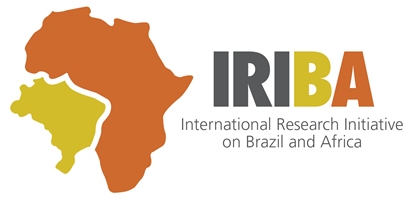With growing interest in social protection programmes in many developing countries, some worry that transferring money directly to the poor will reduce their incentive to seek paid work.
The evidence from Brazil suggests this isn’t the case. From 2003-2009, while the increase in non-work income going to the poorest almost doubled from $25 to $49 a month, earnings from work also rose from $87 to $123.
In a recent lecture at the University of Sydney, IRIBA’s joint research director Professor Armando Barrientos outlined the broader impact and potential of anti-poverty transfers in the South.
With Bolsa Família and other social welfare programmes widely heralded for their effectiveness in tackling poverty and inequality in Brazil – combined with the clear potential to reproduce results in African countries – this is an issue that IRIBA will be looking at in much more detail.
